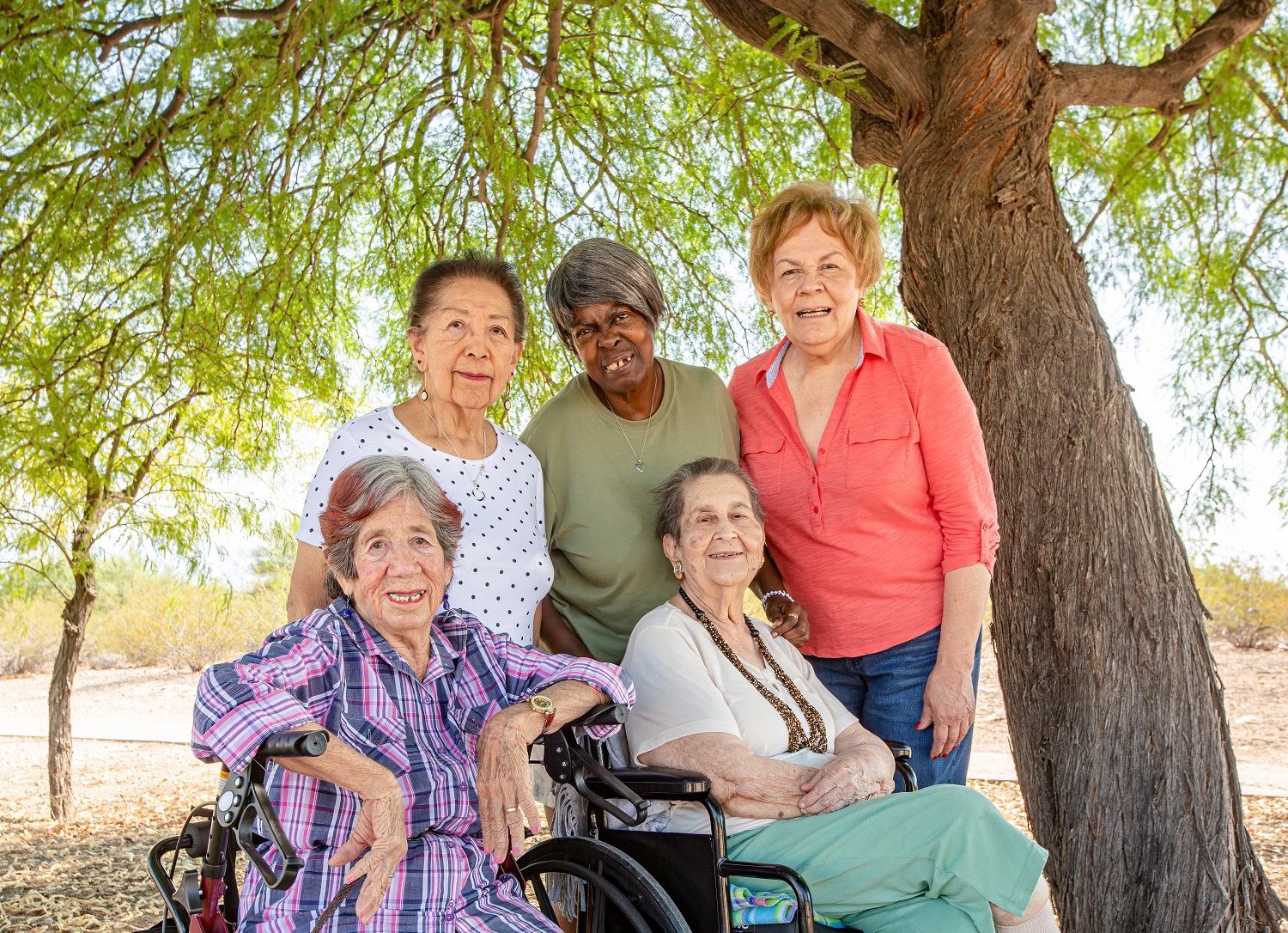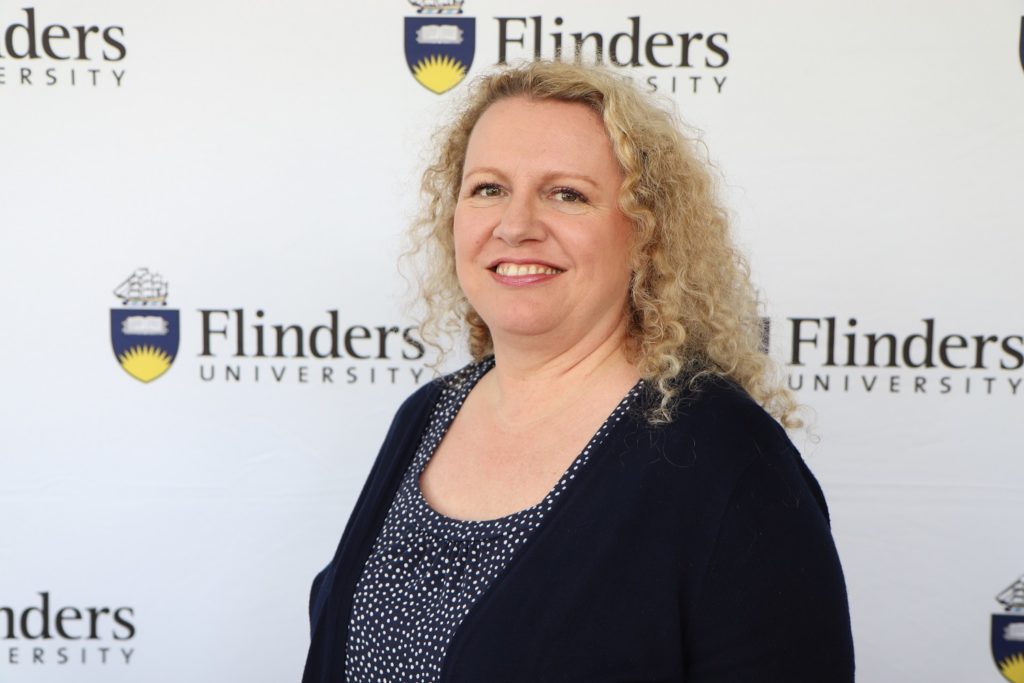
Researchers from the Caring Futures Institute are leading a project to identify what aspects of quality of life are most important to older people from culturally diverse backgrounds.
Dr Claire Hutchinson is spearheading the two-year project funded by the Australian Association of Gerontology to gain the perspectives of aged care providers and family carers as well as older people themselves.
The Caring Futures Institute has already developed a new quality of life tool (the Quality of life – Aged Care Consumers or QOL-ACC) with older Australians for use sector-wide. The tool will help determine what a good quality of life looks like for older Australians and how older people rate their experience of aged care.
Dr Hutchinson is working in partnership with Helping Hand, St Hilarion Society, Multicultural Aged Care, Multicultural Communities Council of SA, Resthaven and Calvary, to ensure the instrument is culturally appropriate.
In its final report handed down in March 2021, the Royal Commission into Aged Care Quality and Safety revealed a need for systemic change in the sector and highlighted a concern for some disadvantaged groups.
One such group was older people from culturally and linguistically diverse (CALD) backgrounds.
The Commission noted it is often challenging for these groups to access care and when they do, providers may not provide culturally appropriate services which can impact on people’s quality of care as well as their quality of life.

The Royal Commission has recommended the routine collection of quality of life data sector-wide from July 2023, but little is known about what factors of quality of life are most important to people from diverse cultural backgrounds.
In a further complementary project, the Health and Social Care Economics team with the Caring Futures Institute has recently partnered with Dr Lua Perimal-Lewis from the Flinders Digital Health Research Centre team to develop a digital version of the QOL-ACC.
This will make it easier for older people in aged care to use the instrument with iPads.
The iPad version of QOL-ACC has already been used in a recent joint Caring Futures Institute study to improve social connection among older people living alone in the community and receiving aged care services.
The tool was well received by participants.
Now the team is working on alternative digital versions that aged care providers can incorporate into their existing systems for monitoring aged care quality and safety.
Since the Royal Commission’s final report was handed down, several aged care providers have registered to use the QOL-ACC and its complementary Quality of Care – Aged Care Consumers (QCE-ACC) measure.
For more information on the QOL-ACC or QCE-ACC visit www.qol-acc.org/

